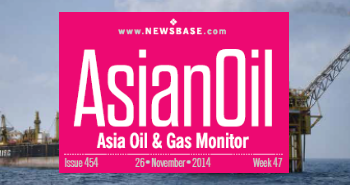Woodside CEO calls for more pragmatic Australian energy policy

Woodside Energy CEO Meg O’Neill has called for a more pragmatic discussion on Australia’s energy future, warning that policy uncertainty and regulatory hurdles are hampering investment in both gas and renewables. Speaking at the Melbourne Mining Club on February 6, O’Neill urged policymakers to take a technology-neutral approach to meeting the country’s emissions reduction targets.
O’Neill said that while Woodside was investing heavily in lower-carbon solutions, the role of gas in ensuring energy security should not be underestimated. “Gas is a key enabler of the energy transition, providing reliability as we scale up renewables,” she told industry leaders. She added that without greater regulatory clarity, investors might hesitate to commit capital to new projects, potentially leading to supply shortages in the coming years.
Her remarks come as Australia grapples with the future of its LNG industry, which has faced increasing pressure from environmental groups and some policymakers advocating for tighter methane regulations and limits on new fossil fuel projects. However, O’Neill argued that global demand for LNG remains strong, particularly in Asia, where economies are seeking alternatives to coal-fired power generation.
“We need a serious debate that acknowledges the reality of the energy system today,” she said, adding that the government should engage more closely with industry to ensure policies support both emissions reductions and economic growth.
The speech comes amid ongoing discussions on Australia’s energy policy framework, with key decisions expected in the upcoming federal budget. The government has set a net zero emissions target by 2050, but divisions remain over the speed and scope of transition measures.
O’Neill’s comments reflect broader industry concerns that uncertainty over approvals for new gas projects and infrastructure could impact Australia’s position as a leading LNG exporter, particularly as competing suppliers ramp up production.
Woodside, which operates some of the country’s largest LNG facilities, has been exploring hydrogen and carbon capture projects, but maintains that natural gas will play a critical role in the global energy mix for decades.




Follow us online